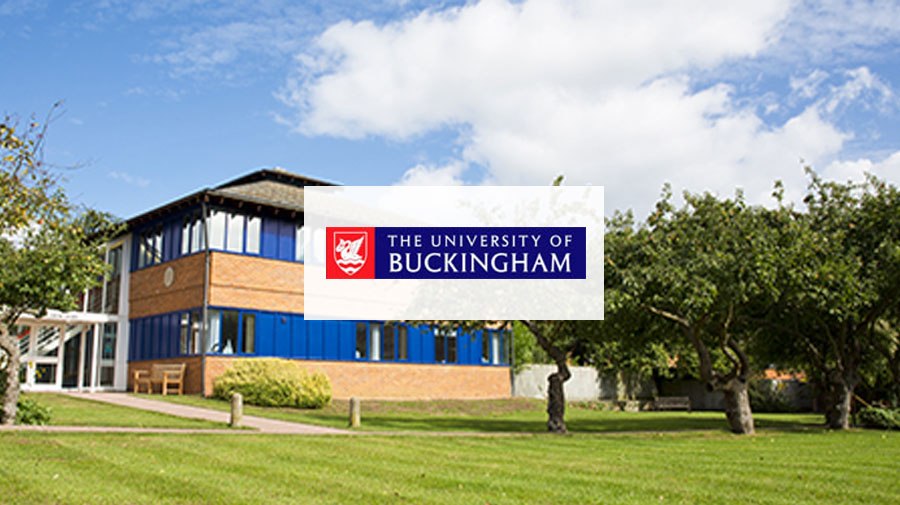-
hello@abroadcube.com
Mail us
-
Call For Help:
98779 83783
-
Whatsapp Us
70090 34921
The Master of Arts in Security, Intelligence and Diplomacy degree combines elements from the University of Buckingham’s existing Security and Intelligence MA and Diplomacy programmes. Like all of their MA programmes, a diplomacy degree aims to help to prepare graduates for careers in foreign and other ministries, international organisations, international journalism and global civil society organisations or for further research. Areas of study include intelligence and international security since 1939; intelligence, tradecraft and machinery; case studies in intelligence success and failure; international law and diplomacy; foreign policy analysis; global diplomacy; security challenges and other global issues. The modules are taught intensively in lectures, seminars and small group tutorials; they assume little prior knowledge but rapidly bring students to an advanced level of understanding. Buckingham is a small academic community and students have personal and frequent access to their instructors. The programme is also suitable for those without a specific career aim in mind but who wish to acquire an advanced understanding of these subjects.
| Level | Masters |
| Discipline | Arts and Humanities |
| Duration | 12 months |
| Intakes | Jan, Sep |
| Application Fees | GBP 0 |
| Tuition Fees | GBP 15180 |
| Campus | Main |
| Language proficiency (minimum) | |
| IELTS | 6.5 |
|---|---|
| TOEFL | 87 |
| PTE | 59 |
| Duolingo | Not Accepted |
| Exam proficiency (minimum) | |
| SAT | Not Required / Waiver |
|---|---|
| ACT | Not Required / Waiver |
| GRE | Not Required / Waiver |
| GMAT | Not Required / Waiver |
Minimum GPA - 78%
QS Quacquarelli Symonds is the world’s leading provider of services, analytics, and insight to the global higher education sector, whose mission is to enable motivated people anywhere in the world to fulfil their potential through educational achievement, international mobility, and career development.
THE (Times Higher Education) has been providing trusted performance data on universities for students and their families, academics, university leaders, governments and industry, since 2004. We create university rankings to assess university performance on the global stage and to provide a resource for readers to understand the different missions and successes of higher education institutions.
The Academic Ranking of World Universities (ARWU) was first published in June 2003 by the Center for World-Class Universities (CWCU), Graduate School of Education (formerly the Institute of Higher Education) of Shanghai Jiao Tong University, China, and updated on an annual basis
The "Webometrics Ranking of World Universities" is an initiative of the Cybermetrics Lab, a research group belonging to the Consejo Superior de Investigaciones Científicas (CSIC), the largest public research body in Spain. CSIC is among the first basic research organizations in Europe. The CSIC consisted in 2006 of 126 centers and institutes distributed throughout Spain.


